What Sets Us Apart?
First, we avoid specializing or restricting our practice areas. Both Provincial and Supreme Court judges hear and decide a variety of cases with great competence. A Supreme Court Judge may over the course of a week hear trials and applications in cases that involve personal injury, fraud, commercial disputes, family and divorce, and criminal matters. In our view when lawyers specialize in one type of law they will not be able to spot issues in related areas and the advice they give may only be practical for a portion of the client’s problems. Having more than one lawyer in the room is also very expensive for the client.
Second, we focus on building a relationship with our clients rather than building a large bill. We want to be your lawyers for life and to develop a trust and rapport with you so that you will always come back to us and that we will be your trusted referral to your friends and family. As an example, for our business clients we are happy to review and revise your agreements with your customers to ensure you comply with Provincial and Federal laws, and that you are protected in case you need to commence a collection action. We typically offer free notary services for previous and existing clients (i.e. travel letters, statutory declarations).
Third, we believe that many problems can be solved without a lawyer and we will promote the use of those solutions, and other cost-effective alternatives, even if it means that you will not be paying a retainer to us. We have all had the experience of talking to a professional who suggests that only their services can fix the problem that we experience – such as a mechanic or IT professional. No one likes paying a bill and later on discovering that they could have done it themselves for much cheaper without much effort. The same applies to legal services. Some disputes require a lawyer – and some disputes actually get worse when lawyers get involved. Feel confident that when you talk to us we put your interests first.
We do not try to impress you with expensive suits and office space. You are much more likely to see us wearing our office slippers and jeans rather than a shirt and tie. You pay us for our knowledge, experience, and strategy, not for our good looks. You need to trust us as your lawyers – and that trust cannot depend on if we have a three piece suit on. Have no fear though – we do have expensive suits that we wear to Court.
Practice Areas
Criminal Defence, White Collar Crime and Civil Forfeiture
Most of our clients are first-time offenders without a criminal record – and we do everything in our power to keep it that way. The majority of our clients find themselves under investigation or arrested for offences such as impaired driving, fraud, drug possession offences, tax evasion, possession of stolen property, proceeds of crime and money laundering, domestic assault, and sexual offences. Our scope of criminal practice extends beyond just the four corners of the Criminal Code, we also assist individuals and corporations faced with allegations under statutes such as the:
- Securities Act;
- Income Tax Act and Excise Act (GST)
- Immigration and Refugee Protection Act
- Fisheries Act
- Workers Compensation Act and the Occupational Health and Safety Regulation
Privacy Breaches and Revenge Porn
All organizations, both owned by a government and private, and both Federally regulated and Provincially regulated, are subject to privacy laws that govern what information they may collect, how they have to store it, and for what purposes they may use it or disclose it. A breach of these privacy regulations can have serious implications for a person, including potential identity theft at a later point in their life, or use of embarrassing information to blackmail a person.
Contempt of Court
Contempt of Court proceedings are quasi-criminal in nature. They arise when a party fails to abide by a court order, without any lawful excuse. They arise most often after a trial, when the defeated party refuses to abide by a term or otherwise comply with the judgment. Most typically, contempt proceedings arise in family proceedings when there are assertions that one party refuses to comply with an order for full financial disclosure, takes steps to frustrate a court order for the sale of an asset, or refuses to comply with a parenting schedule. They also occur when a judgment debtor refuses to abide by a payment schedule.
Defamation -Libel and Slander
Defamation can occur in two different formats – written or verbal. When a defamatory statement is written, it is referred to as libel, and when it is spoken it is referred to as slander. Defamation is the claim that is advanced when another person’s words cause injury to your reputation. An interesting part of defamation cases is that damages are essentially presumed for damage to your character and reputation. However, damages are not limited to just an abstract amount for how much worse you are now perceived in the eyes of the public, all damages that naturally flow and can be casually linked to the defamatory statements can also be awarded against the Defendant. This means if as a result of the defamation you have had to take counselling, lost a promotion, or have not been able to get as many clients or sales in your business, then those losses can be recovered against the Defendant.
Fraud and Misrepresentation
Issues of fraud and misrepresentation come across in other areas of law but it is also helpful to think of some the remedies and consequences that result specifically if fraud or misrepresentation are established. Fraud and both negligent misrepresentation and fraudulent misrepresentation are also independent things that you can sue for. The major consequence is that if you obtain a judgment in either fraud, or fraudulent misrepresentation, any judgment that you obtain cannot typically be discharged by the Defendant through bankruptcy.
Business & Commercial
Business and commercial law sometimes are used interchangeably but the two are actually quite different. Using a broad brush, business law is focused on the internal affairs of a company (i.e. how it is managed), while commercial law focuses on the external affairs of a company (i.e. the relationship between the business and its customers).
Collections, Debts and Accounts Receivables
Perhaps you are owed money on account of an unpaid invoice for goods that you sold, or services you provided. Perhaps you made a loan to friend so they could have enough money for the down payment on their first house. In either scenario, you fall into one of the oldest forms of law known to our civilization. Back before the days of class action lawsuits, defamation, and securities proceedings, people sued for money that they were owed.
Negligence and Professional Malpractice
The professionals that we hire to do work for us have a duty in law to perform their work to the standard of care a competent person in the same profession. As an example this means that an electrician must adhere to the minimum standards of the BC Building Code and exercise the knowledge, skill, and due diligence expected of someone who has completed education and training in being an electrician. You would expect your mechanic to properly maintain and service your vehicle – and the law provides a remedy if they fail to properly change the oil and your engine subsequently breaks. If your accountant fails to file your tax return on time and you incur late penalties and interest that expense should be borne by your accountant, not by yourself. The most frequent professionals that have a claim rise against them include lawyers, accountants, real estate agents, home inspectors, and doctors.
Real Estate, Property, and Strata Disputes
The purchase and sale of real estate will likely be the largest transaction, or transactions in your life. When the other side fails to complete, or you discover that they misrepresented the condition of the property or failed to be truthful about undesirable features then your only remedy is typically proceeding through the Courts. Other forms of property disputes arise when you don’t qualify for a mortgage on a property and so title is taken in the name of a once-trusted family member that holds it for yourself as a nominee or bare trustee. When that family member then refuses to transfer the property to yourself when you are able to take over the mortgage then you have a classic and often seen case on your hands.
Employment and Wrongful Dismissal
Employment law focuses on the rights and obligations between non-unionized employers and employees. Some people may improperly be classified as an independent contractor – usually done by the employer as a way to save on paying EI and CPP contributions. The most common cases involve people who have been fired or laid off and either given no severance, or insufficient severance. Other frequent cases that we get involve claims for constructive dismissal – and also intersecting claims under the BC Human Rights Code.
Violation / Traffic tickets
Violation / Traffic tickets are actually quasi-criminal charges brought under the Provincial Offence Act. As a result, you are entitled to be presumed innocent and the police have to prove the charge beyond a reasonable doubt. Although they will not result in jail time, or a criminal record, violation tickets do leave an entry on a driving record, often result in “points” that will increase the cost of insurance, and may lead to a driving prohibition.
Wills & Estates
Wills and estates cases typically involve either an application to vary a will, contesting the capacity of the willmaker or if they were subject to undue influence when they made their last wishes known. Other cases may involve challenges to the priority or lion’s share of an estate by a former partner, or a new partner. These cases can also arise prior to the death of a family member. An older adult experience dementia or other neurological diseases may also find themselves to be the subject of an application by daughter or son, or other loved member to have them declared to be a “patient” under the Patients Property Act . Sometimes called the civil death penalty, if so pronounced then the person who is subject to this order loses the ability to make their own choses and cannot manage their accounts or other property anymore and a committee takes on that role. Patients Property Act cases are also called committeeship cases. Transactions done by these adults in favour of one child but not the other may be similarly challenged on the basis of undue influence or lack of capacity.
Personal Injury and Occupiers Liability
Personal injury means more than just motor vehicle cases and ambulance chasing lawyers. It encompasses everything from dog bites, infliction of psychological and emotional suffering, bar brawls, slip and falls, and product liability cases. Occupier’s Liability refers to the obligation for a person who is responsible for a property to make sure that the premise they allow others to enter onto is safe from perils. This applies to a landlords, store owners, property managers, and employers. While many people may think of a slip and fall in a super market where they failed to put up a “slippery when wet” sign, other examples of cases that fall in this category include toxic mold and asbestos exposure cases.
Professional and Academic Discipline
Students at colleges and universities, and professionals subject to regulatory oversight, such as a lawyers, real estate agents, and immigration consultants, may find that they become subject to an investigation or a hearing for a breach of certain rules and regulations by their governing body. All colleges, universities, and professional bodies, also have language in their enabling statute that would allow them to also concurrently punish members for conduct that could form part of a criminal charge. Depending on the nature of the allegation, the penalties may be severe and life-changing.
Builders Liens and Construction Disputes
Subcontractors, architects, labourers, material suppliers, equipment rental operators, and engineers all have an additional form of protection for their fee in case they don’t get paid in British Columbia. While they will always have a claim under the contract with whomever hired them – whether it is the project manager, general contractor, or someone else in the construction chain, you are largely an unsecured creditor with no guarantee that you will get paid. A builder’s lien provides an additional form of security and option for recovery for all those who do not get paid along in the construction chain. The downside is that it may not provide security for the entirety of your unpaid work, especially when there are a large number of lien claimants. Often it makes sense to pursue both a builder’s lien claim against the property and improvement along with a breach of contract claim against the contracting party that has failed to pay you.
Appeals & Judicial Reviews
Appeals focus on determining whether the trial court erred in law or misapprehended the evidence and what the appropriate remedy is. Typically, absent palpable and overriding error, an appellate Court will not interfere with the facts found by a trial judge. Errors of law however are not entitled to deference on appeal and are decided on a standard of correctness. This area of law is very involved. If you have launched an appeal you will generally require to write a factum which provides a relatively dense, but complete written argument. Generally factums are 40 pages in length and are read by the Court of Appeal panel that will hear your appeal well in advance, and also by their law clerks. Appellate law is primarily a form of written advocacy.
Family & Divorce
Family law deals with the rights and obligations of parents, spouses, and guardians upon separation or divorce. A usual family case involves claim for spousal support, child support, guardianship, access, custody, or parenting time, and division of property. Family case can also start before the marriage or common law relationship solidifies by way of a cohabitation agreement, pre-marital agreement, or pre-nuptial agreement.


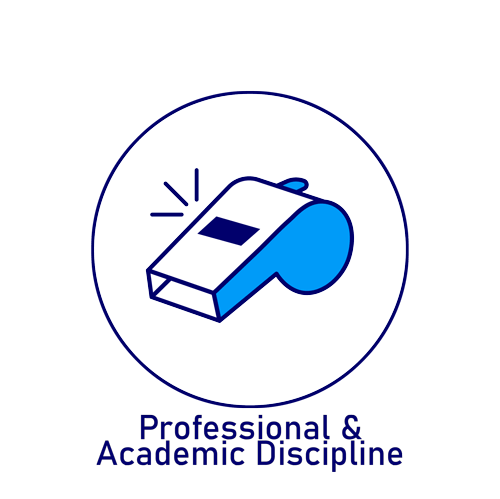

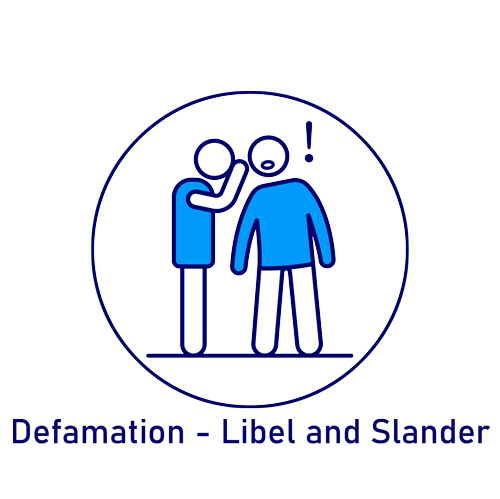
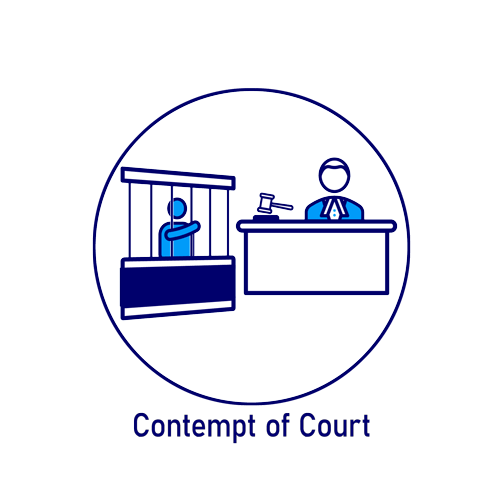

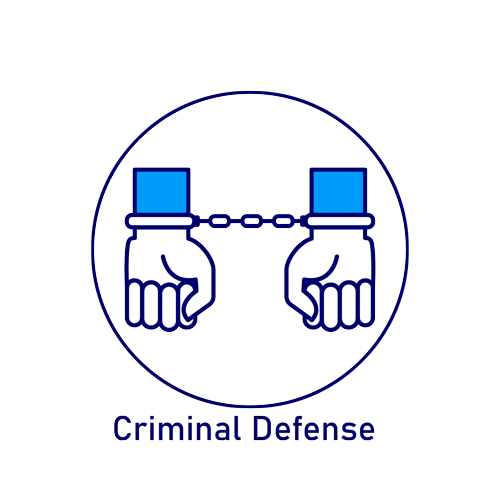
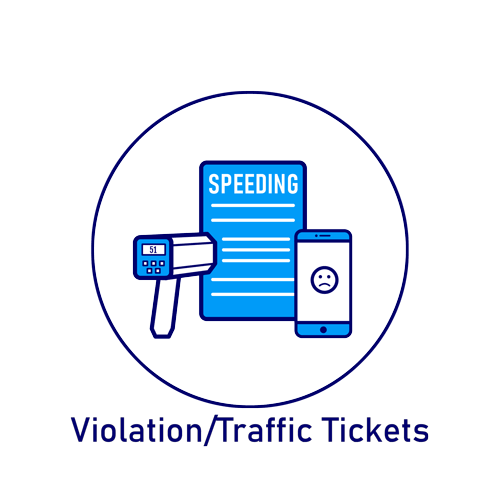
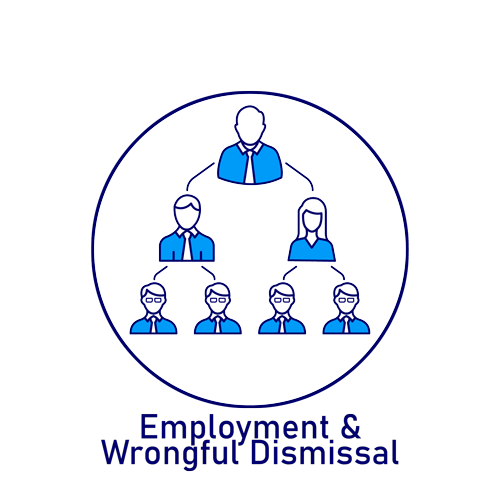


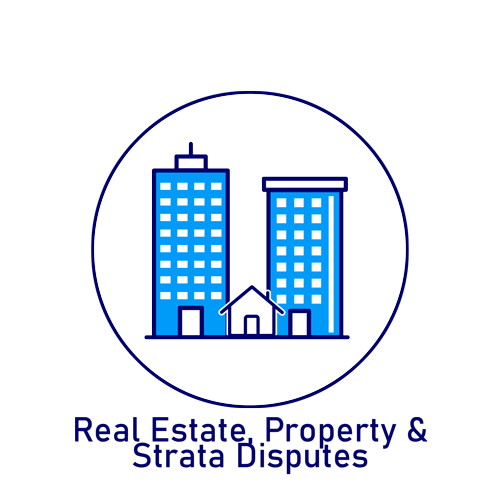
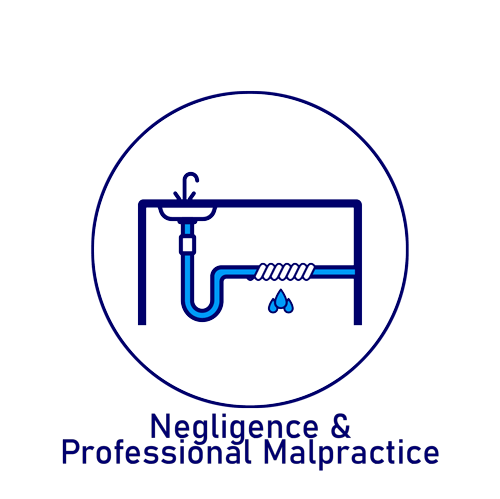
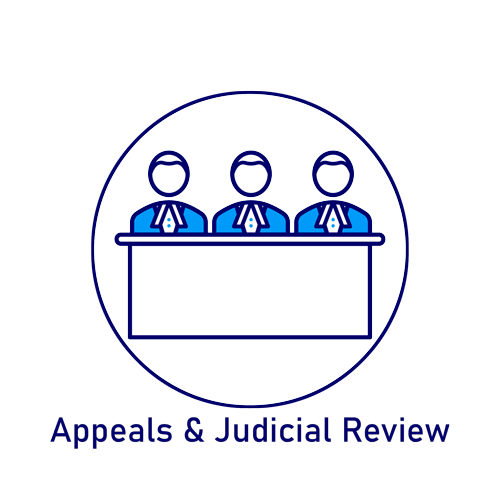
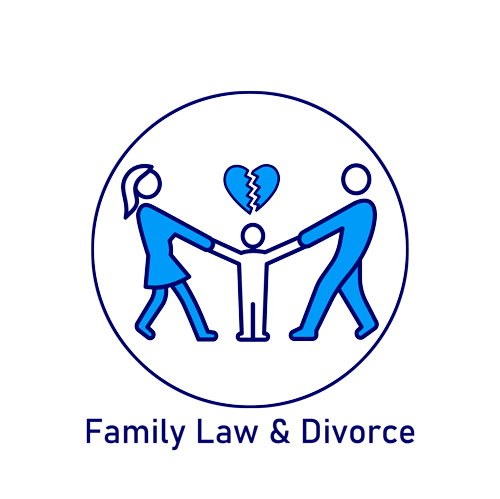
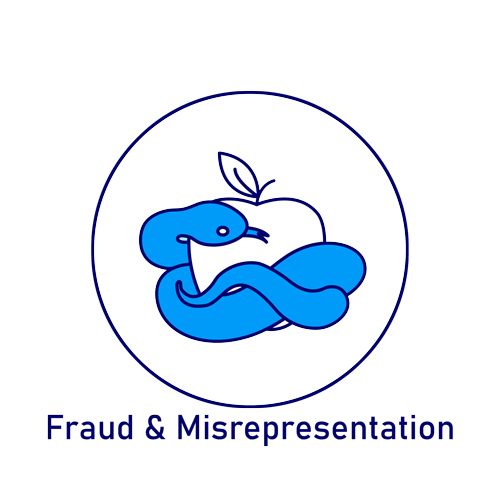


 Family Law & Divorce
Family Law & Divorce
 Collections, Debts & Accounts Receivable
Collections, Debts & Accounts Receivable Fraud & Misrepresentation
Fraud & Misrepresentation Defamation – Libel and Slander
Defamation – Libel and Slander Contempt of Court
Contempt of Court Privacy Breaches & Revenge Porn
Privacy Breaches & Revenge Porn Criminal Defence, White Collar Crime, and Civil Forfeiture
Criminal Defence, White Collar Crime, and Civil Forfeiture Appeals & Judicial Review
Appeals & Judicial Review Violation/Traffic Tickets
Violation/Traffic Tickets Employment & Wrongful Dismissal
Employment & Wrongful Dismissal Personal Injury and Occupiers Liability
Personal Injury and Occupiers Liability Wills & Estates
Wills & Estates Builders Liens & Construction Disputes
Builders Liens & Construction Disputes Business & Commercial
Business & Commercial Real Estate, Property & Strata Disputes
Real Estate, Property & Strata Disputes Negligence & Professional Malpractice
Negligence & Professional Malpractice
